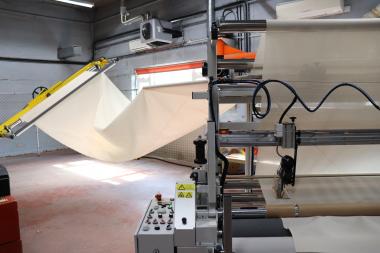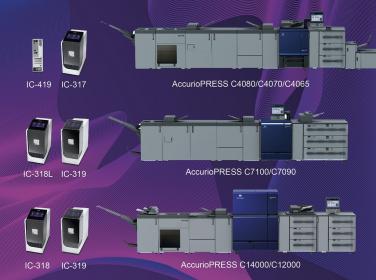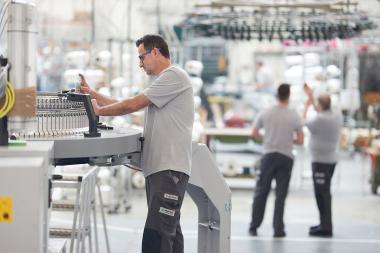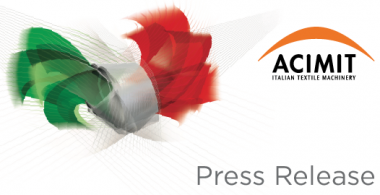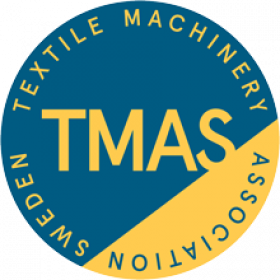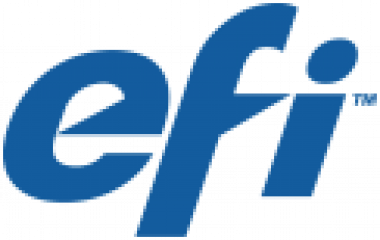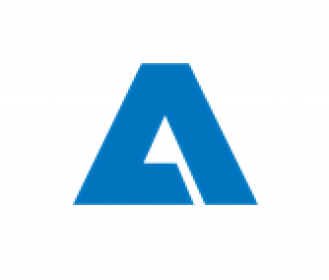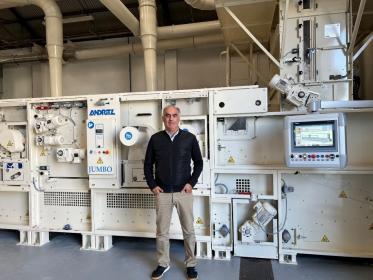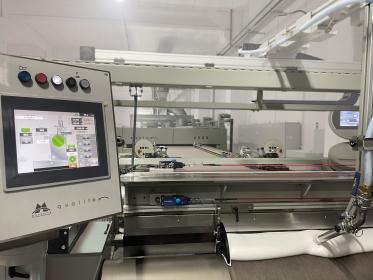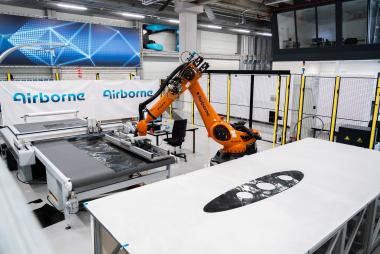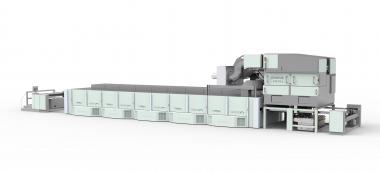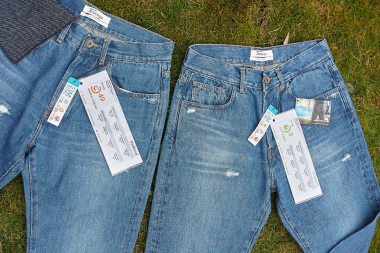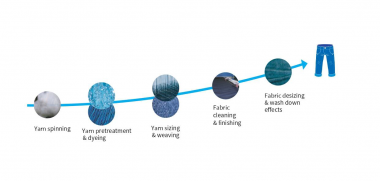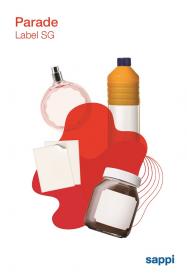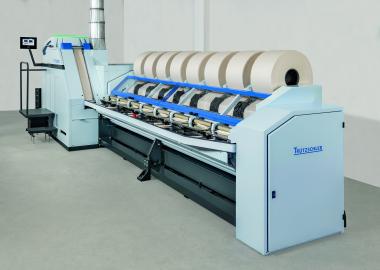Advances in automation from Svegea at Texprocess 2022
- Svegea, a member of TMAS, the Swedish textile machine association, is marking a company milestone this year at Texprocess in Frankfurt from June 21-24 – the 70th anniversary of its automatic collarette cutter.
On its introduction back in 1952, this machine – used by garment manufacturers around the world for the production of tubular apparel components such as cuff and neck tapes and other seam reinforcements – caused a sensation with its then-unprecedented output of 300 metres per hour.
Time doesn’t stand still, however, and the latest EC 300 machine Svegea will demonstrate at Texprocess 2022 has a slightly improved output – of around 20,000 metres per hour.
“Advances in automation are only making the specialised, bespoke machines we engineer even more efficient and we are expecting a very busy show in Frankfurt and a busy year,” says Svegea Managing Director Håkan Steene. “The garment components our collarette cutters produce make it logical for them to be integrated into the operations of making-up operations wherever they are, and at the moment we’re seeing a lot of interest in the reshoring of operations by our customers, to bring final-stage manufacturing closer to the key European and US markets.”
E-Drive 2
The EC 300 collarette cutter on show in Frankfurt is equipped with the latest E-Drive 2 system providing the operator with a very user-friendly touchscreen, providing full control of the cutting process.
The integrated, fully automatic FA500 roll slitter accommodates diameters up to 400mm and is equipped with three separately adjustable settings enabling three different band widths to be cut within the same cutting cycle. Automatic tube sewing units are provided for sewn tubes in optional rolled or flat folded forms, depending on customer preference.
Niche applications
Svegea supplies many other bespoke machines for applications in the production of both garment components and technical textiles, including rewinding, measuring, inspection and band knife machines.
The ability to produce tubular fabric which is cut on the bias allows customers to provide textiles which not only have improved drape and elasticity properties for complex and intricate shapes, but also offer ways to reduce production costs by eliminating unnecessary wastage from the manufacturing process. Pre-cutting the fabric to a specific bias reduces extra handling of the fabric in further processes, saving customers both valuable production time and costs.


